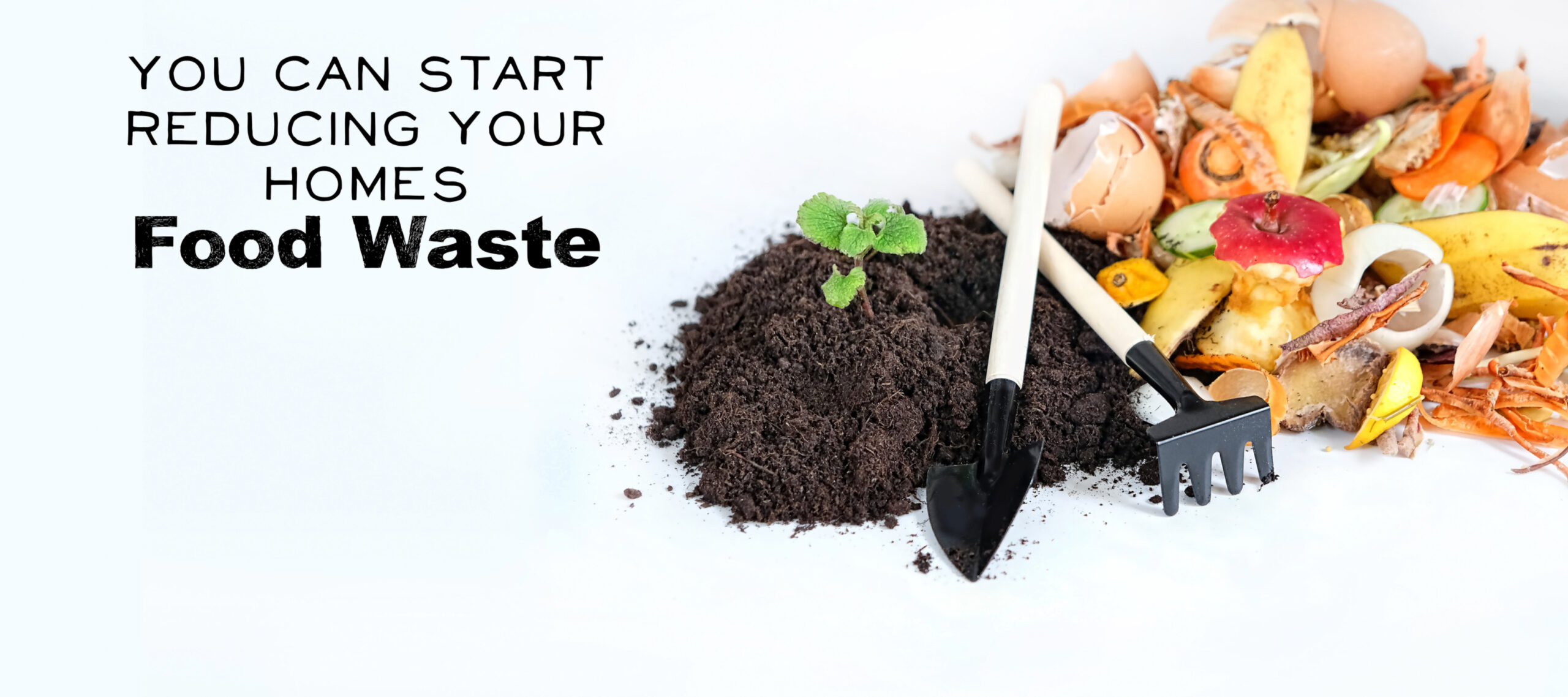
UNHack Challenge 23
Proposed by Dr. John Simoulidis, Faculty of Liberal Arts and Professional Studies
How to locally increase composting and processing of organic waste at a postsecondary institution for student residents?
Challenge Summary:
Green Campus Cooperative from the York’s Office of Sustainability is working on a Community Composting pilot project. Part of this project involves undertaking a review of composting programs across Universities in Canada (and possibly elsewhere) to draw insights as to what can work best here at York. We are looking at both how they practically work (e.g. cafeteria and office kitchen composting) and at methods for measuring the economic and environmental benefits such a program will bring.
Another part involves a running and collecting data on small-scale pilot composting and vermiculture projects on campus. This is a more ‘hands-on’ project that would involve working with Food Services and Facilities at York (at Keele campus, and possibly Glendon) to set up the collection and processing of organic waste at different sites on campus, including Maloca Gardens. We are particularly concerned with determining the practical application of the finished compost product, whether to grow food or to integrate it as an organic fertilizer source for York’s horticultural needs.
List of Helpful Resources:
Digestion in York’s Living Lab: A Full Cycle Composting Project The York’s Living Lab Project will gather organic waste from York University and use it to produce compost. To learn more about this project and how it works, please read the composting document.
A Year of Green York’s Annual Sustainability Report 2016-2017
ZeroWaste The ZeroWaste program of York University aims to divert at least 68% of the waste generated on campus away from landfill. This program is helping to create a more sustainable environment for students, faculty, and staff.